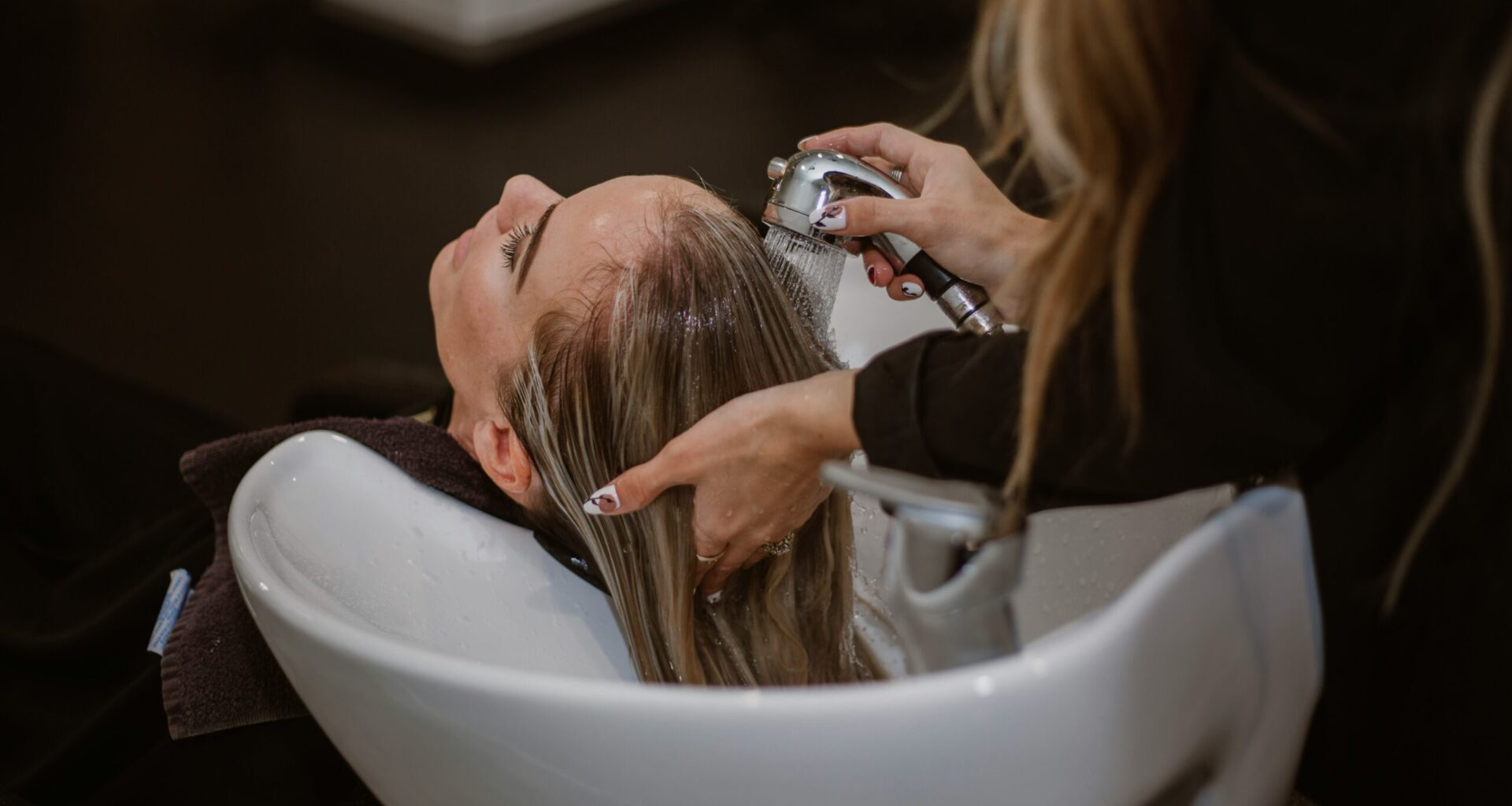The National Football League kicked off its new season this month and fans tuning in to television broadcasts this fall may see their favorite NFL athletes hocking products during commercial breaks. Some viewers may catch a commercial aired last season featuring star quarterback Patrick Mahomes shampooing a salon-goer’s hair. It evolves into a conversation with a microscopic ex-NFLer Troy Polamalu on the merits of regularly using dandruff-control shampoo to prevent flakes.
It’s silly, but what’s sillier is that Mahomes would break the law if he tried shampooing anyone’s hair for a fee in New York without a license.
Of course, Mahomes makes an average $45 million per year as an NFL quarterback, plus shampoo endorsements. He does not need to moonlight in a salon as a shampooer. Nor would he qualify for the bucket of goodies Governor Hochul is giving New Yorkers to counter the high cost of living in New York.
Rather than sending inflation rebate and child tax credit checks, Hochul should advocate for breaking down barriers to earning wages that last a lifetime. A good starting point is removing onerous occupational licensing requirements.
Hair shampooing falls under Albany’s legal definition of natural hair styling. To qualify for a license, a natural hair stylist must complete 300 hours of instruction and pass written and practical exams. Of those 300 hours, 220 relate to hair braiding, locking, weaving and styling.
It’s not clear why someone who could work as a salon assistant with duties that include shampooing and rinsing hair needs the other 80 hours of training for a natural hair stylist. Nor is it clear why a blow dry bar worker needs 300 hours of instruction to wash and style hair.
Hair shampooers and hair braiders need almost double the instruction time as the 150 to 180 hours EMTs require to be licensed in the Empire State.
The rationale for licensing salon services centers around the use of dyes and chemicals and certain public health considerations that may require some assurance there is a responsible salon worker present who knows what he or she is doing. But the state’s curriculum is a hammer, not a scalpel.
New York’s natural hair styling education requirements create an unnecessary barrier to entry for new job seekers like high schoolers who may be interested in a future cosmetology career. It forces others to pay tuition to specialized training schools — and possibly take on unnecessary student loan debt — without knowing whether such a career is the right choice for them.
Dry bar services and hair braiding have been the targets of licensing reform in other states. Minnesota governor Tim Walz signed a bill in 2020 exempting makeup services and hairstyling, defined as cleaning, drying, or styling hair, including using shampoos, conditioners, and hairsprays, from the definition of cosmetology.
The Minnesota exemption depends on the hair stylist completing a four-hour course on health, safety and infection-control matters. Compare that to the required 20 hours of safety and health instruction in New York’s 300-hour curriculum.
Better yet, salon owners should be responsible for the education, skills, training and competence of staff and for the health and safety of customers and the salon’s sanitation. The tort system can take care of enforcement if injuries occur.
Salon owner responsibility is part of a model law New York should adopt that exempts hair styling, as defined by Minnesota, and hair braiding. It should also follow suit and exempt makeup services and threading from the licensing law.
To be sure, licensing reform is an uphill battle in a state where legislators in the last session introduced bills promoting more detailed regulation of hair braiders and making sure threaders must be licensed.
To her credit, Hochul has targeted some obstacles New York puts up for jobseekers. For instance, she has pushed for the state to join interstate licensure compacts to make it easier for doctors, psychologists or nurses to practice in New York, and vice versa, every budget cycle since she took office.
Hochul also dipped her toe specifically into cosmetology licensing reform in her 2023 State of the State address by proposing a trainee license and a training option for cosmetology professionals. She noted cosmetology students pay on average $16,000 over the course of a year of training. But that proposal went nowhere in the ensuing legislative session.
Free market-loving New Yorkers can’t dare to dream of universal licensing recognition like that adopted by Arizona in 2019 for residents moving there. But New York could follow its neighbor Pennsylvania, which last fall became the 34th state to stop requiring licenses to braid hair, and throw in hair styling, threading and makeup services for good measure.
Hochul does not need help from the Legislature to adopt in the executive branch Governor Josh Shapiro’s focus on slashing wait times and cutting red tape for licenses the Legislature won’t eliminate.
New York’s peers have adopted occupational licensing reforms that let their citizens get to work — and get to paying taxes. If she’s serious about making New York more affordable, Hochul should focus on pushing policies that allow more people to earn a living — and allow others to benefit from those services.
